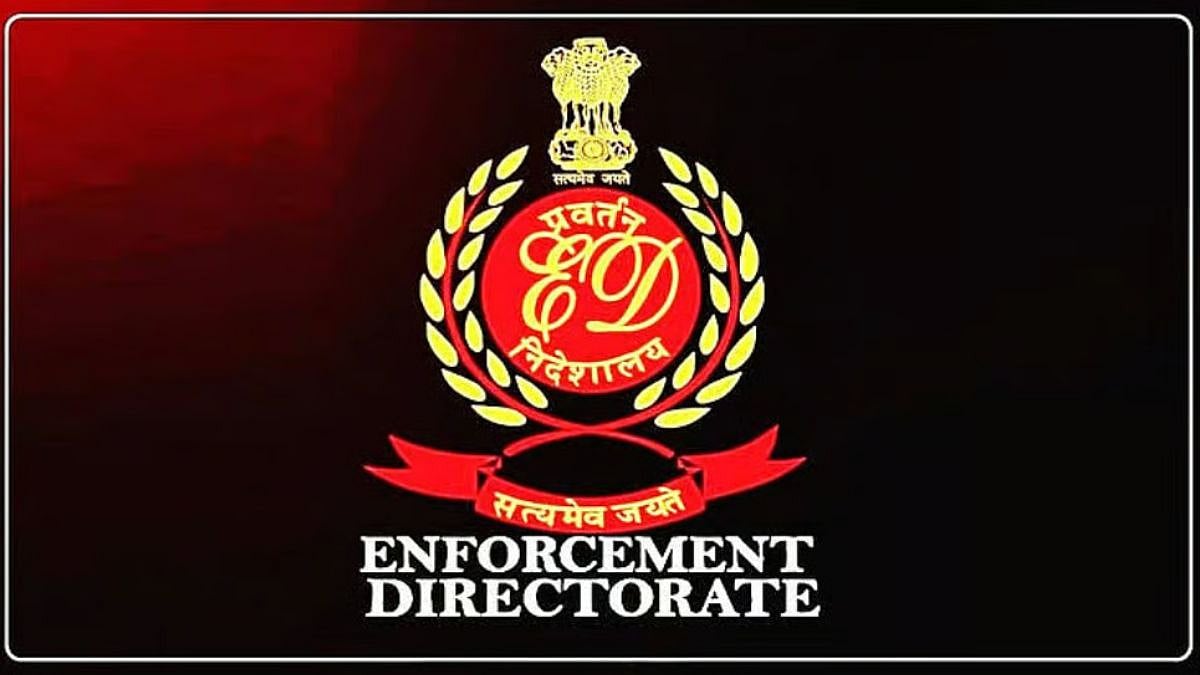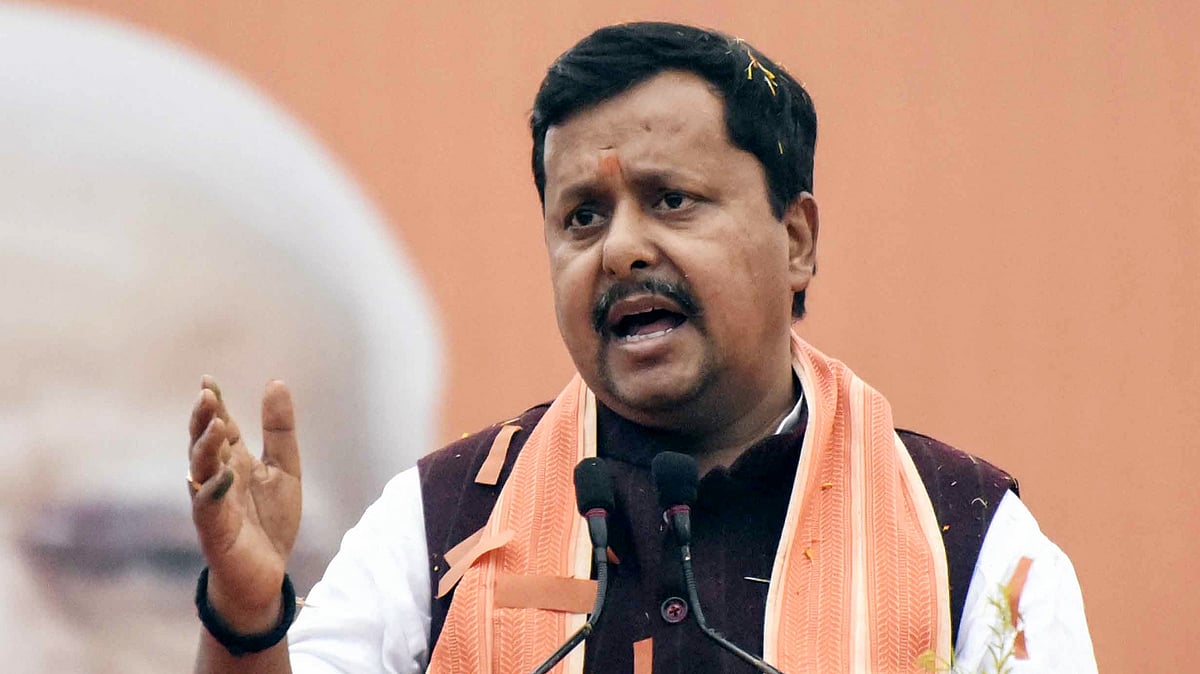Even the most ardent atheists in Maharashtra may become believers after seeing the state of affairs in Maharashtra. The entire state Cabinet proceeded to Ayodhya to offer prayers to Lord Ram, at the site where the new Ram temple is being constructed, leaving the state “Ram Bharose” — a common phrase used to mean “left to destiny”.
Ever since he took over as the Chief Minister of Maharashtra, Eknath Shinde has given an impression that he has more time for religious activities rather than to manage affairs of state. The Ganesh Chaturthi festival was celebrated shortly after Shinde became chief minister, and it would not be an exaggeration to say that he visited nearly every Ganesh mandal worth its name in Mumbai and Thane.
There is nothing wrong in a minister visiting places of worship in a secular country, but such visits and worship should be in the minister’s private capacity, not official.
Unfortunately, most political entities in the country and even the Supreme Court have given a different meaning to the word “secular”.
The dictionary meaning of secular is the separation of religion from school and government. But that definition is not accepted by political parties and for them secularism means equality towards all religions — yet, even this is not followed by any party, especially when it comes to power. It is impracticable to show equality towards all religions for a variety of reasons, primarily because there are numerous sects within religions in India.
In reality it is seen that Hinduism, the majority religion, is given preference or is projected at government functions and on government property. The placing of a lime under the wheel of the aircraft and performance of Hindu religious rites by Defence Minister Rajnath Singh, while taking charge of the first batch of Rafale aircraft, was for all to see. That act not only reflected superstition, but also the practice of Hindu religion by the government.
The framers of the Constitution were women and men with intelligence, and had great foresight which ensured that India does not have a state or official religion and remains secular. By secularism, the framers of the Constitution meant that the state will not practice a religion. Though the term secular was not used in the Constitution when it was framed, the concept was clear in it.
It requires political maturity and true faith in democracy for those in government to be secular in public life. In the continued vilification campaign against Jawaharlal Nehru, it is being spread that he was against the reconstruction of the Somnath temple at Junagadh after its merger in the Union of India. The fact is that Nehru and Mahatma Gandhi were opposed to state funding for the reconstruction. When Sardar Patel informed Mahatma Gandhi about the proposal to reconstruct the historic temple, the Mahatma endorsed the idea, but told the Sardar that the cost of the reconstruction should come from public funding and not from the state treasury. This is how the two tall leaders of the country believed in secularism in the true sense of the word.
Jawaharlal Nehru went to the extent of expressing his displeasure at President Rajendra Prasad attending the inaugural function of the temple and wrote a letter to the President to that effect. Leaders with narrow religious views and sectarian ideas, and those without a proper national agenda to take the country forward, have to depend on religion and gods to play with people’s sentiments to divert attention from the main issues concerning the country and to remain in power.
When Justice V K Krishna Iyer became a judge of the Supreme Court, his wife wanted to visit the Balaji Temple at Tirupati. The judge, an atheist, agreed to accompany her. While they waited in the queue of devotees, he was recognised by some trustees of the temple, who told him that as a judge of the Supreme Court he need not wait in the queue, and offered take him and his wife straight to the temple. Justice Krishna Iyer declined the offer, stating that as the judge of the Supreme Court, he should actually not be visiting a place of worship.
In a truly secular country, while the heads of state or government, or any member of the government, are free to visit places of worship, they have to go there as ordinary citizens, which means that the place shall not be closed for the members of the public during such visits, as is seen in mature secular democracies. That is not the case in India currently.
Also, the cost of such visits should not be from the state exchequer, since visiting places of worship to perform religious rites is not a part of the duties of members of the government. The people in the country are not aware who pays for such visits. This applies to the visit of the entire Maharashtra cabinet to Ayodhya, along with the legislators of the Shinde faction of the Shiv Sena.
The members of the state cabinet were probably not told in school that work is worship or service to humanity is service to god — that is the reason they went en masse to Ayodhya, even as farmers in nearly 50% of the districts in the state were in peril due to the destruction of their crop following unseasonal rain and hailstorms.
Rather than questioning the cabinet on its pilgrimage, instead of taking care of the problems facing the state, the electronic media covered the event with great excitement, making it look like a military action by Chhatrapati Shivaji Maharaj.
The author is a senior journalist and media trainer. He tweets at @a_mokashi
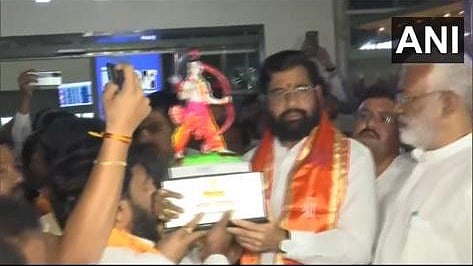
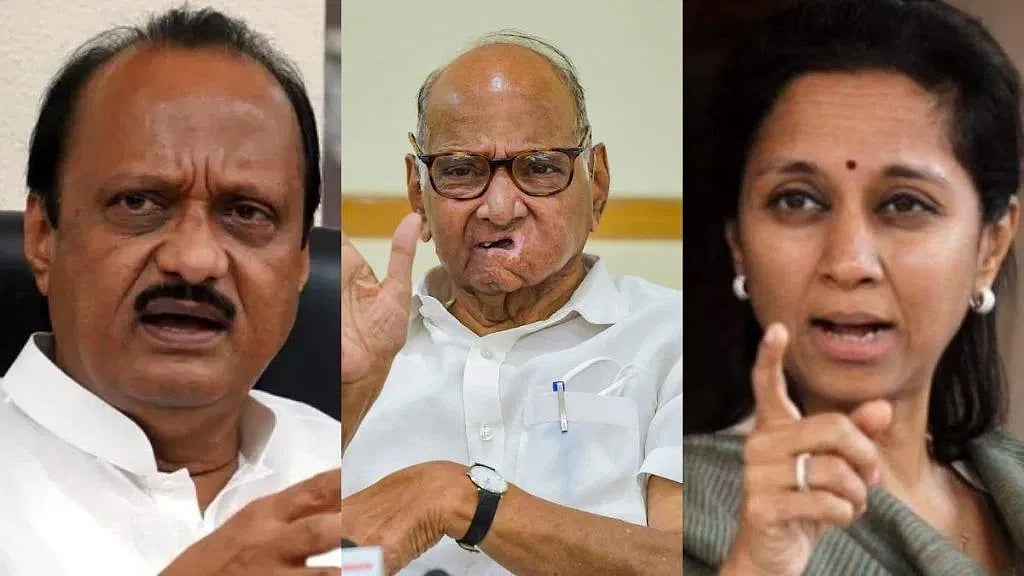
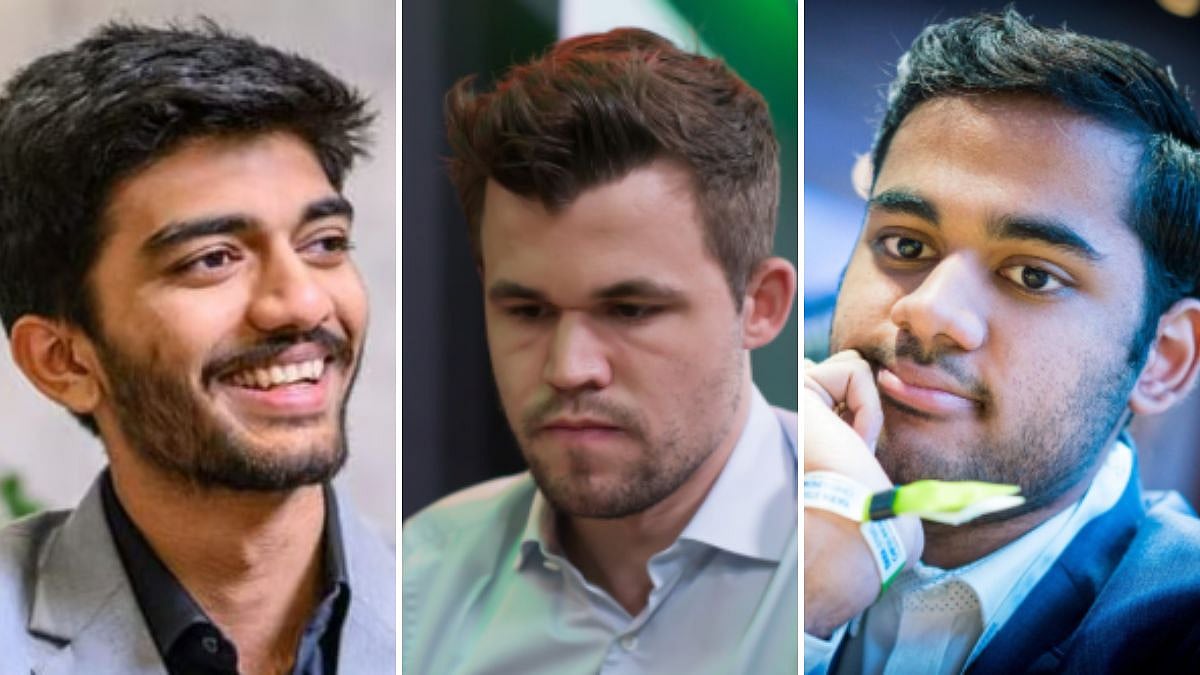
.webp)
